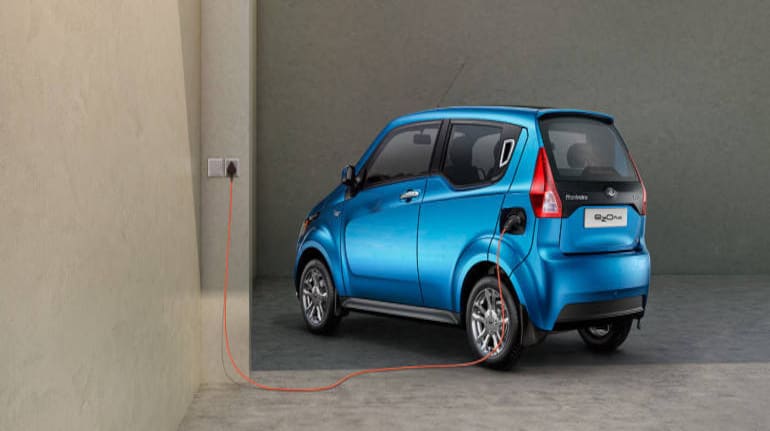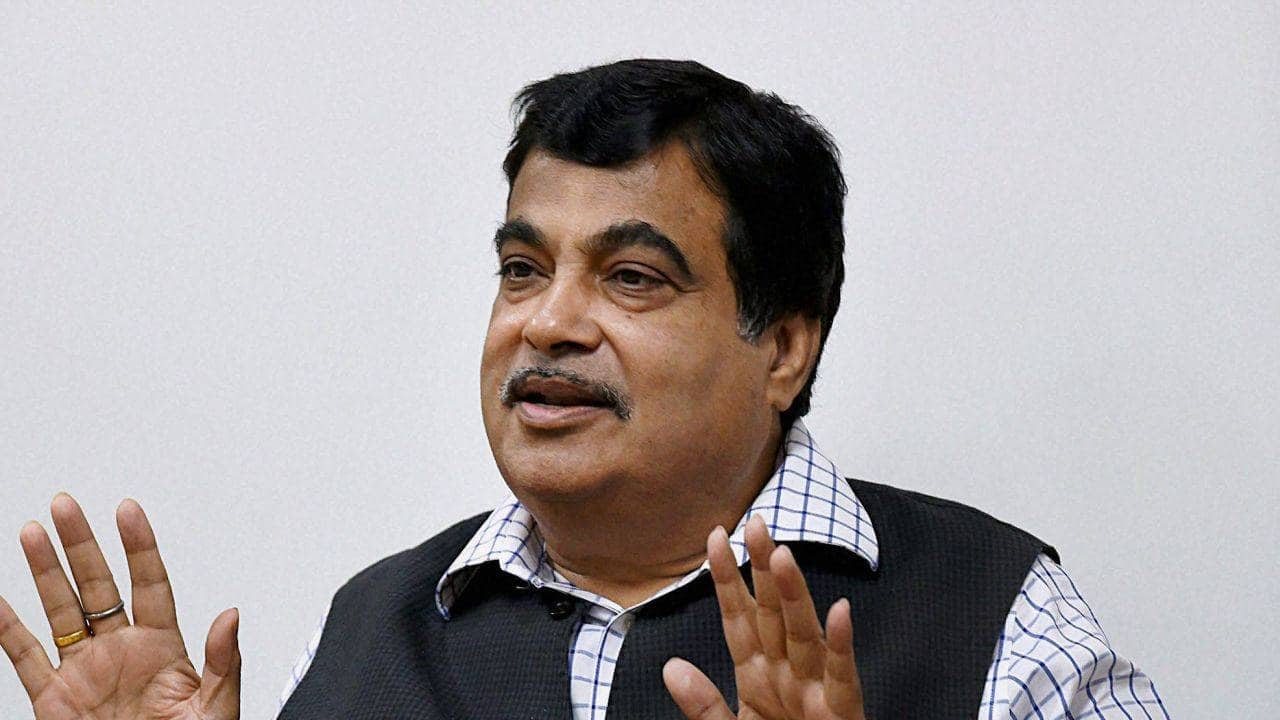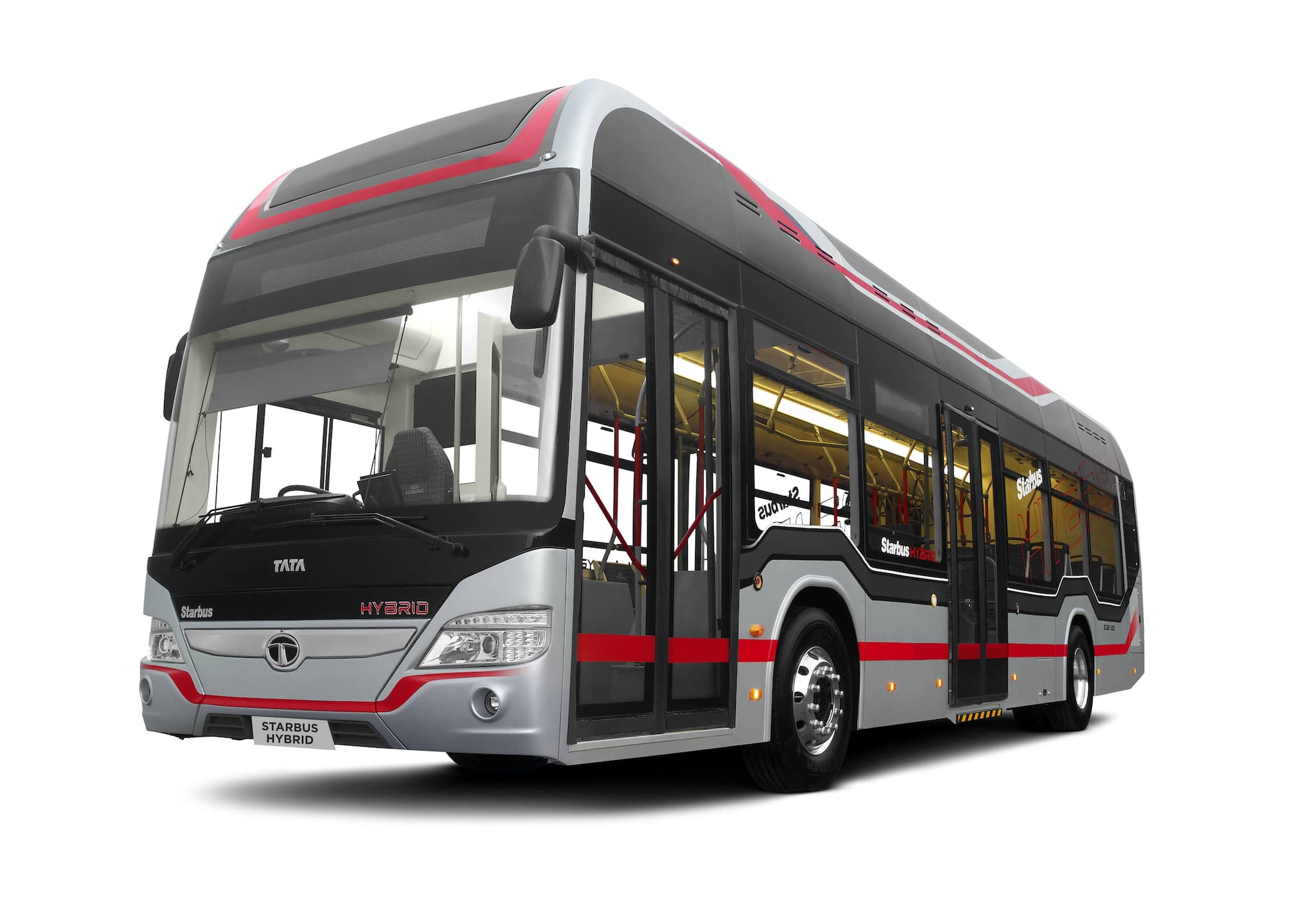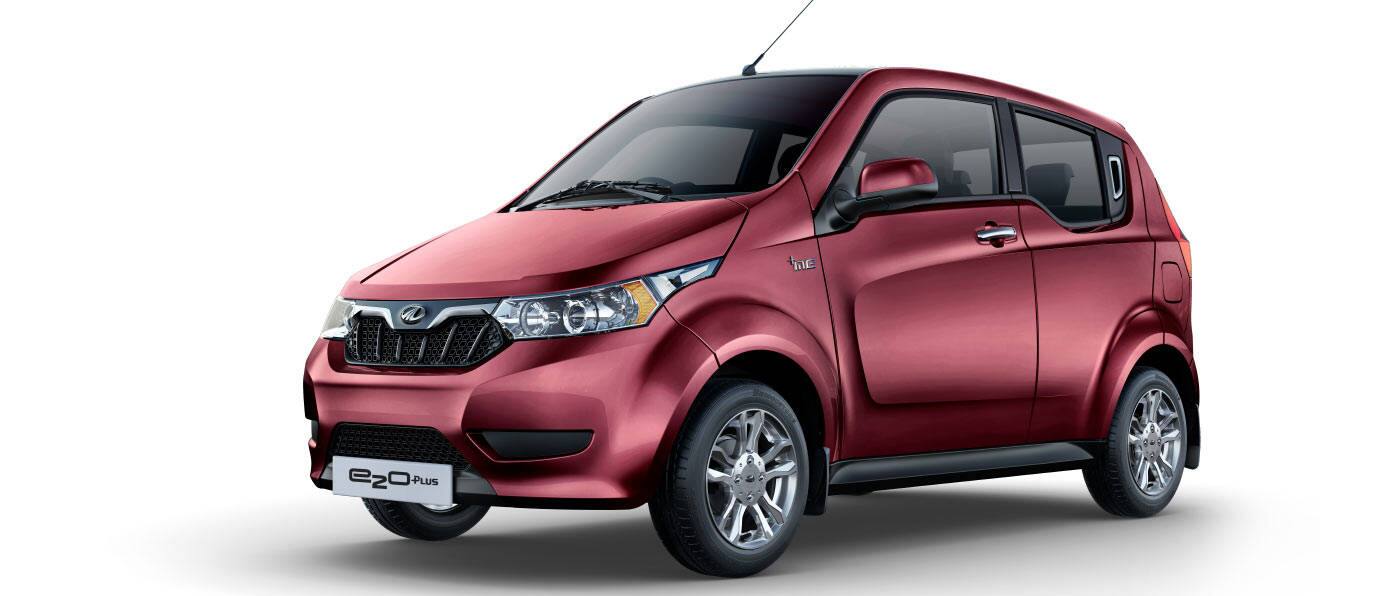
In the last two months, the auto sector has seen a few headline-grabbing developments almost all of which related to India's push in electric vehicle space. From Mahindra planning to invest in high-end electric technology to Bajaj Auto's proposed entry into the EV space by 2020, the positive optics on green and renewable power highlighted the route taken by Indian companies and, more importantly, that of the government towards addressing its mobility requirements.
Companies like Mahindra & Mahindra, Tata Motors, Maruti Suzuki, Ashok Leyland, Hero Motorcorp, Bajaj Auto and TVS Motors are readying a war chest for the development of electric vehicles.
In fact, Mahindra will make an announcement on Wednesday about investment in high-end electric powertrain technology which will be a part of its plan for the future of mobility and ‘electrification of some of its existing and future products’.
In the last two years electric vehicle sales have jumped from 16,000 in FY15 to 25,000 units clocked in FY17, thanks to the strong focus of the Modi-government on clean mobility.
Sohinder Gill, CEO, Global, Hero Electric said, "The amount of planning behind the government initiatives have been good, and these activities are happening on various fronts. Finally, things are integrating at different levels, such as providing support to manufacturers, creating awareness and investing in marketing and advertising of e-vehicles, creating infrastructure and providing subsidies to motivate purchases at the point of sale."
 New Delhi: Road Transport Minister Nitin Gadkari
New Delhi: Road Transport Minister Nitin Gadkari
Opportunities
The government has a vision of electrifying all vehicles in the country by 2030. For this it is reportedly working on awarding contracts to companies for setting up a network of charging stations. These stations will provide fast charge facilities to electric vehicles. Government-owned NTPC, for instance, is believed to be formulating strategy to setting up such charging stations.
As of today only three vehicles in India – Mahindra e2o, Mahindra e-Verito and Mahindra Supro – come powered by an electric motor. As such electric vehicles make for a minuscule share from the over 100 petrol-diesel models that Indian buyers can choose from. With stricter emission norms and the government’s focus on promoting clean emission cars the market for electric vehicles is set for an upswing.
Nearly Rs 180 crore has been spent by the government in the form of incentives for buyers of electric and hybrid vehicles since the formation of FAME India scheme. Nearly 1.45 lakh vehicles have benefitted from the scheme of which a substantial chunk comes from electric two-wheelers.
The EV pull is not limited only to two and four wheelers. Municipal corporations and state transport undertakings are acquiring buses powered by electric motors. For instance, the Himachal Pradesh Road Transport Corporation has floated a tender to buy 75 electric buses at a cost of Rs 150 crore.

Challenges for companies
One of the biggest challenges for the EV industry is the lack of charging infrastructure. Unlike vehicles powered by traditional fuels like petrol, diesel and CNG which have evenly spread-out fuel stations across the country, electric vehicles do not have any charging stations.
Cost of batteries makes up at least 50 percent of the total cost of an electric car. Their maintenance and replacement costs are also prohibitively higher. Moreover, batteries have to be imported from China leading to a cost increase.
EV owners presently have to charge their vehicles either at their place of work or at their homes. There is no organized and well laid-out network of charging stations presently. However, this is changing. Mahindra has tied up with third-party entities in Mumbai, Delhi, Bengaluru, among others, to provide charging facilities to its customers.

Problem of practicality
While savings on the fuel bill is huge (70 paisa/km), owing an electric vehicles do have certain drawbacks. Constrained driving range and restricted performance make electric vehicles impractical when compared to petrol or diesel-powered counterparts.
A fully charged electric car sold in India can run for a maximum of 140 kms (Mahindra e2o P8 variant). In comparison a petrol-powered car can run for more than 500 kms on a full tank. The top speed of the Mahindra e2o is 90 km/hr whereas the top speed of a similar small petrol car can be 150 km/hr.
One of the biggest drawbacks of an electric vehicle is the time required for charging. Compared to a petrol/diesel powered car whose average waiting time at the fuel station could be under 10 minutes, an electric vehicle will take 6-9 hours to get fully charged.
High Price
Electric vehicles do not come cheap. Even the base variant of the four seater e2o, one of two electric cars on sale in India, is priced at Rs 7.73 lakh (ex-showrooom, Mumbai) while the top-end is priced at Rs 11.55 lakh. In comparison the 800cc Maruti Alto is priced at Rs 2.74 lakh.
Discover the latest business news, Sensex, and Nifty updates. Obtain Personal Finance insights, tax queries, and expert opinions on Moneycontrol or download the Moneycontrol App to stay updated!